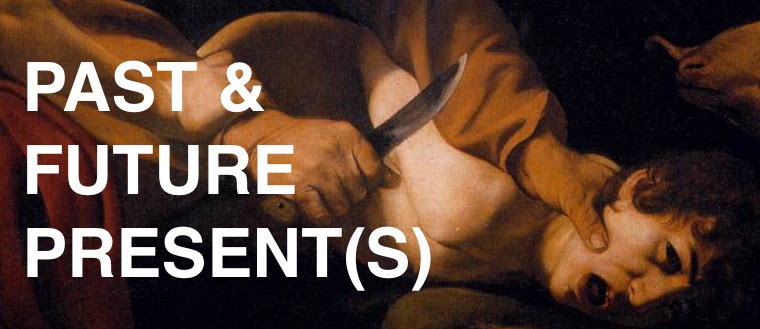 |
| A young Aijaz. |
Known better for his interventions in literary theory and his translations of Ghalib, in the late 1960s, Aijaz Ahmad was an instructor in (and, briefly, the director of) CUNY's storied and sometimes embattled SEEK (Search for Education, Elevation, and Knowledge) Program, alongside Adrienne Rich, Audre Lorde, June Jordan and other radicals.
Boston: March 28th. After living in America for more than two years I came into this city for the first time, expecting the lethargy, the chaos, the narrow streets, and the sort of stringent despair, the old-fashioned endurance I have known in other old cities: Delhi, Lahore, Lucknow. But what I find is a confrontation of ages: the new building over the old, and not building so well: the whole city is torn up, ripped apart. In the shadow of an insurance tower which is the pride of new Boston and looms over the old like a monstrous dinosaur, the hotel is antiseptic, labyrinthine, packed with university professors who, over the next couple of days, will dissect and counter dissect Asia like a frog; it is made of plastic, neons and concrete; the air-conditioned, crowded, ventilated, sound-proofed halls are so clean I am quite sure no one can catch a virus there, or find real water to drink. The paper I am to read is part of what I am told are celebrations of Ghalib' s centenary within this huge conference. A ceremony within a larger, uninspired, career-oriented ceremony of scholarship. Professors clean-cut like boy scouts.
I am apprehensive. Not so much about the fate of my own paper as about what these celebrations, to be stretched over the next year and a half, may portend for Urdu language and literature. In a macabre moment of doubt typical of a foreigner, I wonder: is the ghazal, like the haiku, also fated to be a favourite form of poetry among midwestern housewives?
I marvel at the twenty minutes during which my voice manages to remain steady as I drone on about the art of translation, about Ghalib, about the hunger I found among American poets to
meet a fellow-creature like Ghalib. As I sink back into my chair with relative fatigue and a taste of ashes in my mouth, the professorial onslaught begins. Of all varieties: American, Indian, German, male and female. The observation which has enraged them so much is, to my mind, rather a simple one: “Poetry is meant, first, for the reader who cares for poetry; second, for the poet who practices the craft; and, only lastly, for the scholar.” Immediately a cry is raised: "The
scholars have to defend themselves.”
No one talks about poetry, or Ghalib, or what poetry means to the age, what poetry means to other poets. They talk about credentials, about academic positions and foreign tours, about the intricacies of grammar. I stop listening, and think, instead, of the role of the contemporary university in our lives, of my students in New York who are risking their careers even at this moment in protesting against an educational system they find oppressive and obsolete, of Black students across America who are trying to deal with history, which is to say their own lives. I think in particular of a student, again Black, who told me that he thought ‘The Rainbow’ was a political novel because it taught him how to treat other human beings. Love, politics, or literature, it comes to the same thing: poetry happens wherever men suffer and posit their humanity against their suffering. Viet Nam, Harlem, the Delhi of 1857. LeRoi and Ghalib. You hold out your hand and you tell another person what you are going through: that is the final poem. Poem of reality, as Stevens might have said. And Paul Goodman: poets write poetry in
order to survive.
As the shrill tirade drones to an end, my mind is beginning to clear again and I return to Ghalib.
— Aijaz Ahmad (1969)
